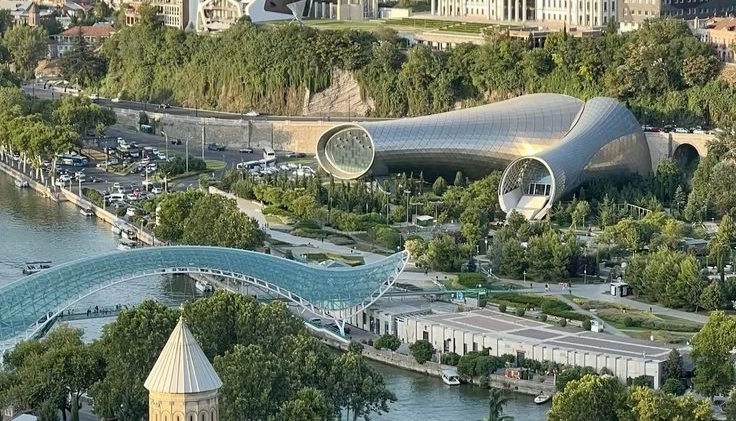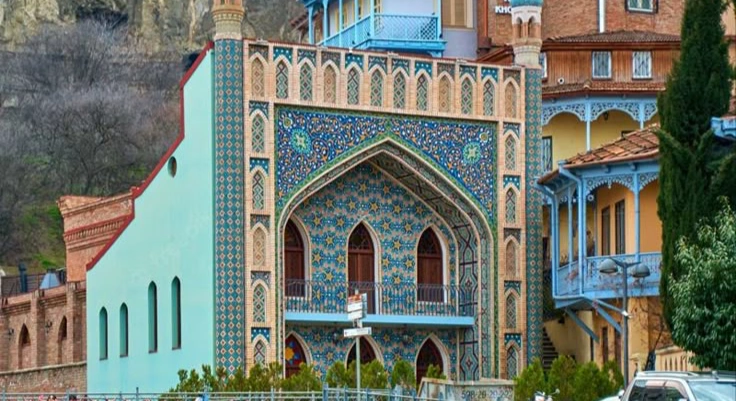Eurovision in Tbilisi: A Celebration of Music and Culture
In 2017, Georgia became the focus of attention for Europe and the world: Tbilisi hosted the Junior Eurovision Song Contest. This was a historic event not only for the country’s music scene but also for its cultural image. For the first time, such a large-scale contest was held in Georgia, becoming a symbol of openness, hospitality, and the country’s aspiration to be part of the wider European cultural community.
Why Georgia?
The decision to hold the contest in Tbilisi was a logical one. Georgia had won Junior Eurovision multiple times, becoming a record-holder in the number of victories. These consistent successes and the brilliant performances of young artists convinced the European Broadcasting Union to entrust the country with hosting the prestigious event.
The Venue — Tbilisi Sports Palace

The main venue was the renovated Tbilisi Sports Palace, located in the heart of the capital. It is one of the largest arenas in the country, accommodating thousands of spectators. For the contest, the arena was equipped with cutting-edge technology: modern lighting, a dynamic stage design, multimedia screens, and acoustics that met the standards of the world’s biggest shows.
A Festive Atmosphere
During the contest, Tbilisi completely transformed. The city was filled with delegations from different countries, journalists, and tourists. Cultural events, concerts, and workshops took place in the city center. Georgian hospitality was felt everywhere — from traditional cuisine to the warm and friendly atmosphere in the streets.

The Importance for the Country
Hosting Junior Eurovision was both a cultural and political gesture. First, it proved that Georgia was capable of organizing an event of international scale. Second, the country showcased its identity, presenting European audiences with its rich musical and artistic heritage.
Inspiration for the Young Generation
This contest held particular significance for children and teenagers. Thousands of young Georgians were inspired by the stories of their peers performing on stage in front of all of Europe. For many, it became a motivation to pursue music, art, and to dream of performing on big stages.
International Recognition
The organization of the contest received high praise from international guests and media. Tbilisi proved itself to be a modern, dynamic, and hospitable city, capable of becoming a cultural hub of the region. For Georgia’s image, this was a major step forward: the country demonstrated not only its talents but also its ability to be a reliable partner in international projects.
Conclusion
Junior Eurovision in Tbilisi became an event forever etched in the country’s history. It proved that music unites people, and that small Georgia can make a loud impact on the great European stage. Today, when recalling this event, Georgians proudly say: “We did it, and we are ready for new heights.”
Close